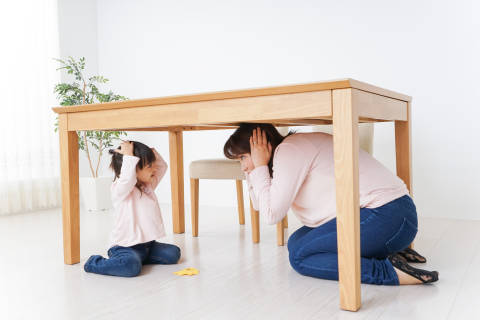Bed-wetting is common among toddlers and preschoolers and is generally considered a normal part of development. However, it's important for caregivers to keep an eye out for factors that could indicate a problem.

Many children between the ages of 2 and 5 experience occasional nighttime accidents as they are still developing bladder control. It is generally considered typical if bed-wetting occurs infrequently and the child is making progress in daytime toilet training. However, if you notice any of the following factors, it may be beneficial to seek guidance from a healthcare professional to rule out any underlying issues:
Frequency: If bed-wetting occurs more than twice a week for several weeks, it may be cause for concern.
Pain or discomfort: If your child experiences pain or discomfort when urinating or if there is blood in the urine, it is important to seek medical attention immediately.
Daytime wetting: If your child is also experiencing daytime accidents, it may be a sign of an underlying medical condition, such as a urinary tract infection or bladder dysfunction.
Emotional distress: If your child is experiencing embarrassment or shame as a result of bed-wetting, it is important to seek support and guidance to address the psychological impact of bed-wetting.
Regression: If your child has been potty-trained for a significant period of time and suddenly begins to wet the bed, it may be a sign of an underlying psychological issue, such as stress or anxiety.
Sudden onset bed-wetting: This refers to the sudden occurrence of bed-wetting in a child who has been dry at night for a significant period of time. This can be concerning for caregivers, as sudden onset bed-wetting may be a sign of an underlying medical or psychological issue. It is important for parents to seek out support and guidance from a healthcare professional if their child experiences sudden onset bed-wetting, particularly if it is accompanied by other symptoms or distress.
There are several reasons why children may start wetting the bed even after going through potty training. Children might be experiencing physical causes such as delayed bladder maturation, which means a child's bladder takes longer than usual to develop the necessary control for consistent dryness. An overactive bladder, a condition characterized by the frequent and urgent need to urinate, can result in potential episodes of bed-wetting. Additionally, some children might not create enough nighttime hormones that help reduce urine production and maintain overnight dryness.
Psychological factors like toxic stress or big emotional changes can also contribute to bed-wetting episodes. Toxic stress is caused by ongoing exposure to trauma. When children face toxic stress, it can lead to changes in sleep patterns and an increase in stress hormones, which can impact bladder control.
No matter the cause, it is essential for caregivers to approach this situation with patience, support, and understanding. Don’t hesitate to seek professional advice to help your child manage bed-wetting effectively.






